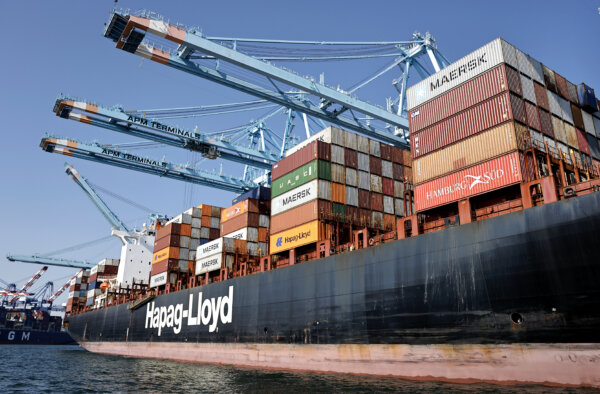![]() For years, American businesses and Washington have railed against Beijing’s support for abusive Chinese business practices, especially the theft of patents, copyrights, trademarks, and trade secrets.
For years, American businesses and Washington have railed against Beijing’s support for abusive Chinese business practices, especially the theft of patents, copyrights, trademarks, and trade secrets.
In all the hoopla about tariffs these days, people seem to have forgotten that the first Trump administration’s original tariffs, introduced in 2018–2019, aimed in part to pressure Beijing to clamp down on these practices. Now, Beijing seems to have responded.
In the last few weeks, the Standing Committee of China’s rubber-stamp legislature, the National People’s Congress, has amended the Anti-Unfair Competition Law in what appears to be an attempt to partially address American complaints. There are, of course, always questions about how actively Beijing will enforce the new law, but if Chinese officials follow through on these amendments, trade tensions could ease significantly.
Beijing has not yet removed one practice that Washington and American businesses find especially odious: the demand that foreign operations in China have a Chinese partner to whom the foreign operation must transfer its technology and trade secrets. Still, these amendments represent a significant step toward addressing American complaints. That is, they will make such a huge step if the Chinese Communist Party (CCP) implements and enforces the new rules as actively as the amendment’s language implies.
China has, in turn, increased shipments of rare earth elements to the United States, but the flow remains well short of the level it was before Beijing imposed its export ban on April 4.
Bessent’s expectation—hope—that Beijing will keep its promise is based less on the CCP’s past behavior and more on the ongoing threat of higher tariffs leveled by the Trump administration. The good secretary has alluded to this reasoning, though in less blunt language than is used here.
The reality of the situation will become clear in the next few weeks and months—in the flow of rare earth elements, and in the satisfaction of American companies with Chinese court decisions on patent, copyright, and trademark complaints. Whatever that reality turns out to be, the outcome will play a role in the next phase of China–U.S. trade negotiations.











